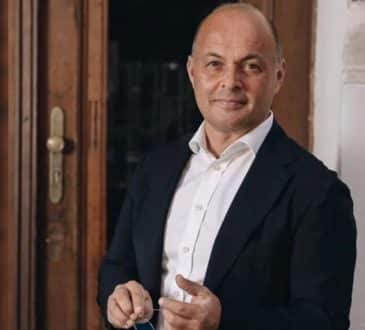Ship Finance Faces Fundamental Shifts at the Maritime CEO Forum

At last week’s Maritime CEO Forum, held at the Monaco Yacht Club, the “Money and Ships” session addressed evolving trends and challenges in ship finance. Moderated by Isabelle Rickmers, CEO of jobs marketplace TURTLE, the event brought together top shipowners and industry leaders.
Harris Antoniou, founder of Neptune Maritime Leasing, remarked on a notable shift in attendee composition: not a single bank appeared on the list of 132 delegates, a sharp contrast to previous years when bankers were well-represented. Antoniou attributed this change to a prolonged disruption beginning with the financial crisis, after which stricter regulations gradually restricted banks from engaging in asset-based finance. While some renewed interest from banks has emerged, Antoniou pointed out that it remains largely limited to specific regions, such as Greek banks aiming to protect local market share.
Atef Abou Merhi, managing director of Pelagic Partners, added that liquidity in ship finance has grown over the past five years as alternative financiers and leasing funds have stepped in. Reflecting on market conditions, Andrian Dacy, head of the global transportation group at JP Morgan Asset Management, noted that while shipping assets have become expensive, strong cash flows continue, creating a unique environment. Dacy acknowledged a persistent undercurrent of caution within the industry, suggesting that even during prosperous periods, the sector remains somewhat wary of future trends.
On the panel, former Golden Ocean CEO Ulrik Andersen, now with Lauritzen NexGen, shared insights into the rationale behind his company’s newbuild project for three 81,200 dwt methanol dual-fuel kamsarmax vessels at Tsuneishi Shipbuilding in Japan. Andersen explained that J. Lauritzen’s goal was to engage with the green transition, securing contracts with cargo for these vessels. He emphasized the importance of such backing in a landscape characterized by high asset prices and technological uncertainty, noting that liquidity challenges persist despite increased interest.
Antoniou highlighted that while liquidity may have risen, ship finance remains selective given the high asset values, requiring rigorous project evaluation to ensure resilience in unpredictable conditions. This sentiment was echoed by Merhi, who advised caution, describing the prospect of building business strategies around rare, unpredictable market events as a potentially risky approach.
Have you read?
World’s Best Countries For Retirement.
World’s Best Countries For Women.
World’s Best Countries To Visit In Your Lifetime.
US States With the Largest Gender Pay Gaps.
CEOs who have secured the most funding during their tenure in companies in each US state.
Bring the best of the CEOWORLD magazine's global journalism to audiences in the United States and around the world. - Add CEOWORLD magazine to your Google News feed.
Follow CEOWORLD magazine headlines on: Google News, LinkedIn, Twitter, and Facebook.
Copyright 2025 The CEOWORLD magazine. All rights reserved. This material (and any extract from it) must not be copied, redistributed or placed on any website, without CEOWORLD magazine' prior written consent. For media queries, please contact: info@ceoworld.biz











